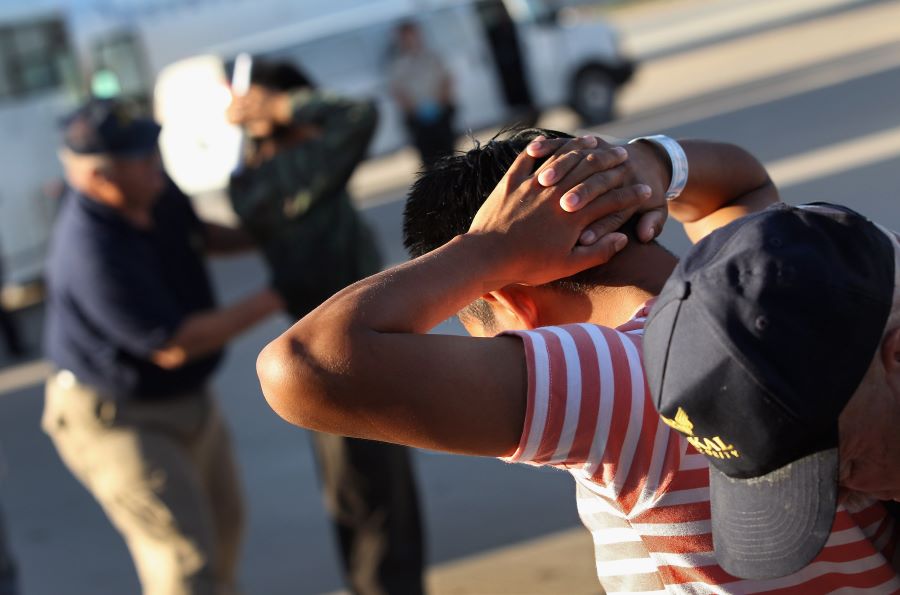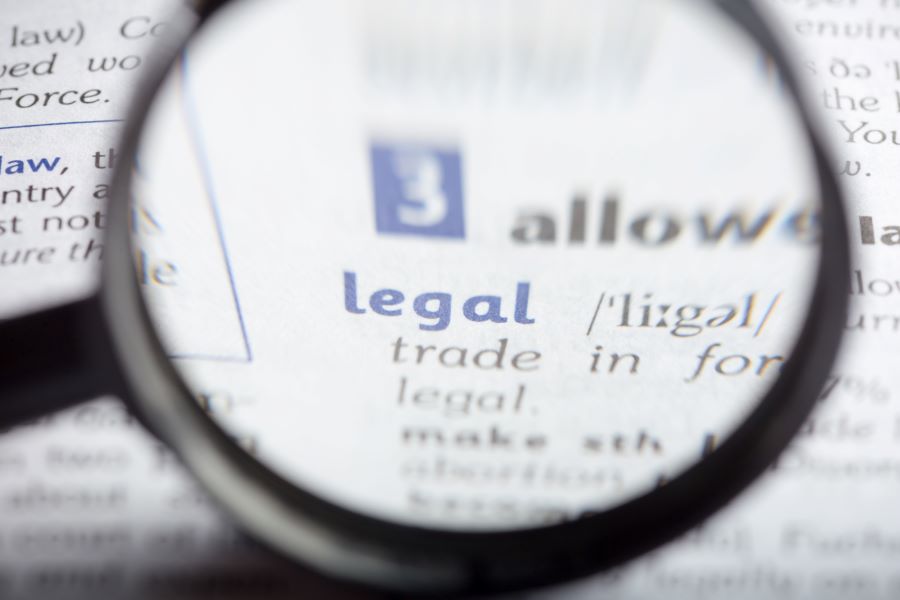(609) 737-3030
What Happens to a Child After a Parent is Deported?

Reports show that even parents of U.S. citizens are among thousands of undocumented immigrants being expelled from the United States each year. While ICE will typically not detain individuals who are the primary caretakers of US-born children (unless they are legally subject to mandatory detention based on the severity of their criminal history or their risk of flight), there is always a risk that even a custodial parent might get detained and deported.
Children born in the U.S. are given automatic citizenship, regardless of their parent’s immigration status. That is why when a nonimmigrant parent gets detained or deported, a U.S.-born child may remain in the U.S. And so some children end up staying in the U.S. with another parent or family member, some end up in U.S. foster care, and some may leave the country to accompany their deported parent.
However, when a parent is detained and/or deported, putting up one’s child with other family members or friends is not automatic. It is not uncommon to hear of families who were left out of decision-making when it comes to the care and custody of their children. As a result, children of detained and deported parents may end up in foster care instead of their own families.
Once deported, it is often difficult, if not downright impossible, to regain parental rights, meaning that children of deported parents can be put in foster care for long periods and even end up being put up for adoption.
Federal law requires states to pursue termination of parental rights if the parent has been absent for 15 out of 22 consecutive months, and some states allow proceedings to begin even sooner. That means that if a parent is no longer present in a child’s life by being sent to a detention center far away if that parent is denied access to family court hearings, phones, and attorneys, it may be nearly impossible to retain his or her parental rights.
Many advocacy agencies now encourage immigrants to have a detailed plan in place in case they are deported, including granting a power of attorney (POA) in advance to another adult. POA will allow you to appoint (out of court) a trusted friend or family member who has legal status in the U.S. to become legally authorized to look after your child(ren) in your absence.
Having such a plan can greatly speed up the process of placing one’s children with family or friends and save them from being placed long-term with the DCP&P (formerly DYFS in New Jersey).
Granting someone power of attorney to care for your child gives that individual many rights and responsibilities, but it does not transfer legal custody. A POA allows your agent, the person you have entrusted with the care of your child, the ability to make certain decisions while your child lives with that person. Custody itself can only be transferred through a court proceeding.
A power of attorney usually limits your agent’s decisions and actions to authorize medical care and deal with school issues. You can also award more specific powers, such as allowing your agent to enroll your child in sporting or other extracurricular activities.
Note that a child care power of attorney does not give your agent the power to make major decisions for your child; only a parent with legal custody can do that.
Be sure to inform whoever is caring for your child in your absence of important information including:
- Medical information, especially if your child has any allergies or health problems, and the name and contact information for your child’s doctor;
- School information;
- Information about your child’s normal routine and activities;
- Where your child’s birth certificate, travel document, medical records, school records, and any other important documents are kept;
- Any other special needs your child may have.
Please remember that giving someone “power of attorney” is very powerful. Only give this to someone you completely trust!
Categories





